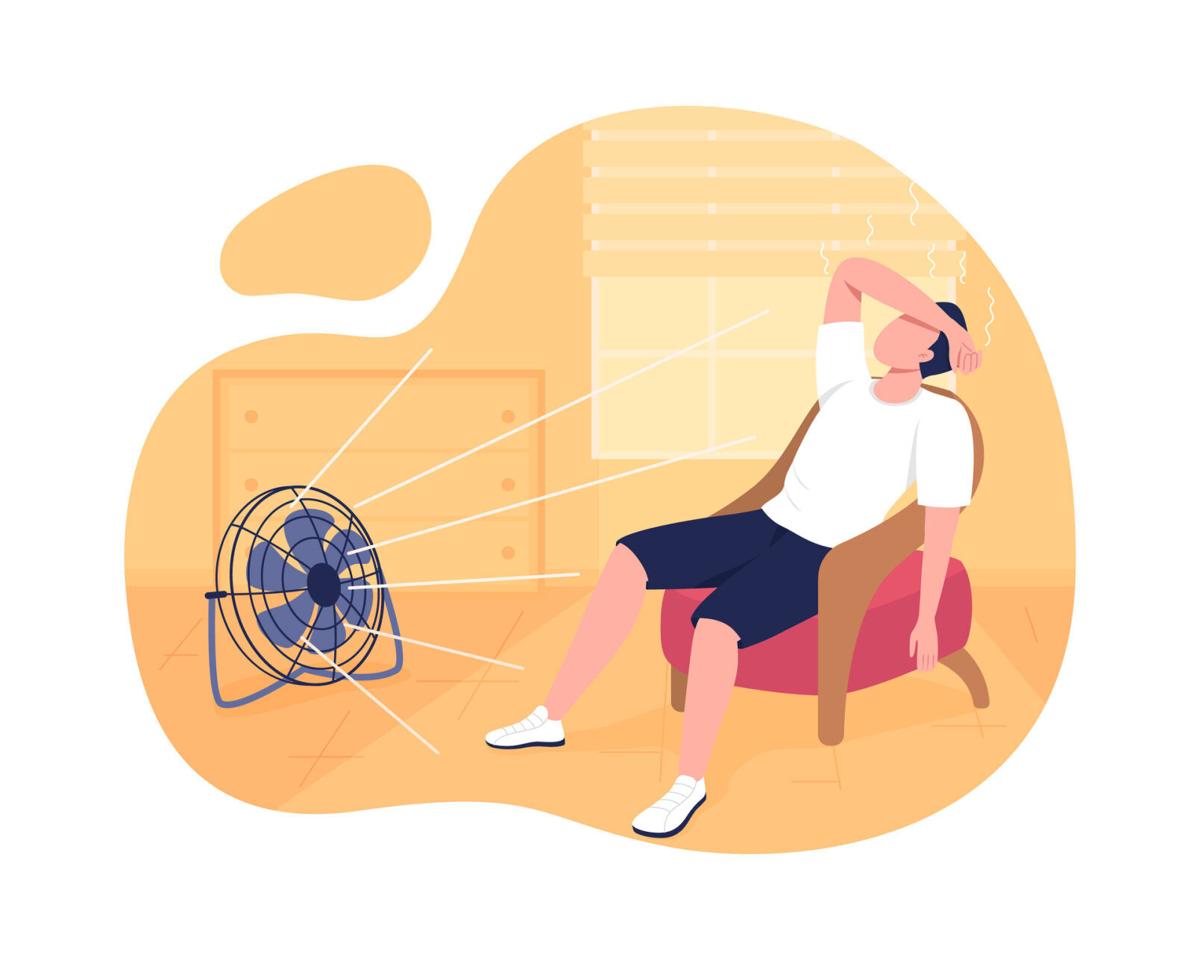While the physical dangers of heat waves, such as heat stroke, are well known, scientists are now highlighting the psychological effects of extreme temperatures.
Heat’s Effect on the Brain
As New York City grapples with the Tri-State Area’s third heat wave of 2024, with temperatures feeling like 95-110 degrees between Monday and Wednesday, data reveals concerning trends in mental health during such periods. Emergency room visits for mental health issues increase by 8%, aggravated assaults by 9%, and homicides by 20%.

The brain’s neurotransmitters, including dopamine, serotonin, and norepinephrine, regulate both our mood and body temperature. This dual function puts immense stress on the brain during high temperatures, affecting those who are particularly sensitive. Heat can lead to insomnia, aggression, difficulty concentrating, sensitivity to psychotropic medications, and exacerbate existing mental health conditions such as anxiety, depression, and schizophrenia.
Summer Seasonal Affective Disorder
Seasonal affective disorder (SAD) is commonly associated with winter, where shorter days and lack of sunlight can lead to depression. However, a subset of people experience major depression during the summer months due to the strain heat places on the brain. Those sensitive to high temperatures often isolate themselves, avoid social interactions, and stay indoors, further impacting their mental health.
Urban Heat Effect and Climate Inequality
The urban heat effect exemplifies climate change and highlights climate inequality, affecting underserved communities more severely. Urban areas with concrete and asphalt can be up to 20 degrees hotter than areas with grass due to heat absorption, retention, and radiation. This discrepancy in temperature exacerbates the challenges faced by people without consistent access to air conditioning. For individuals without air conditioning, public spaces like libraries offer a refuge to cool off during the hottest parts of the day. It’s crucial to acknowledge the impact of urban heat on vulnerable populations and to address climate inequality as part of broader climate change mitigation efforts.
How to Beat the Heat
Staying hydrated is essential during heat waves to maintain both physical and mental well-being. It’s important to recognize that heat places significant stress on the body and mind. If you are on psychiatric medications, discuss with your doctor whether dosage adjustments are necessary during high temperatures. Using fans and air conditioning can help maintain a cool environment, especially at night. Getting sufficient sleep is one of the best strategies for supporting mental health during a heat wave.

While the physical effects of heat waves are well-documented, the psychological consequences are equally significant and require attention. Understanding the link between extreme temperatures and mental health can help individuals and communities better prepare for and cope with the challenges posed by heat waves.
